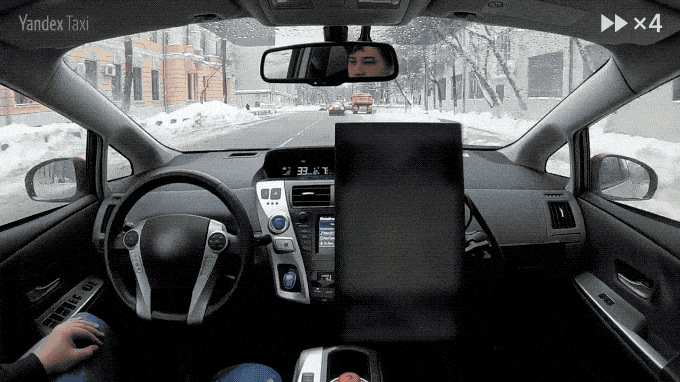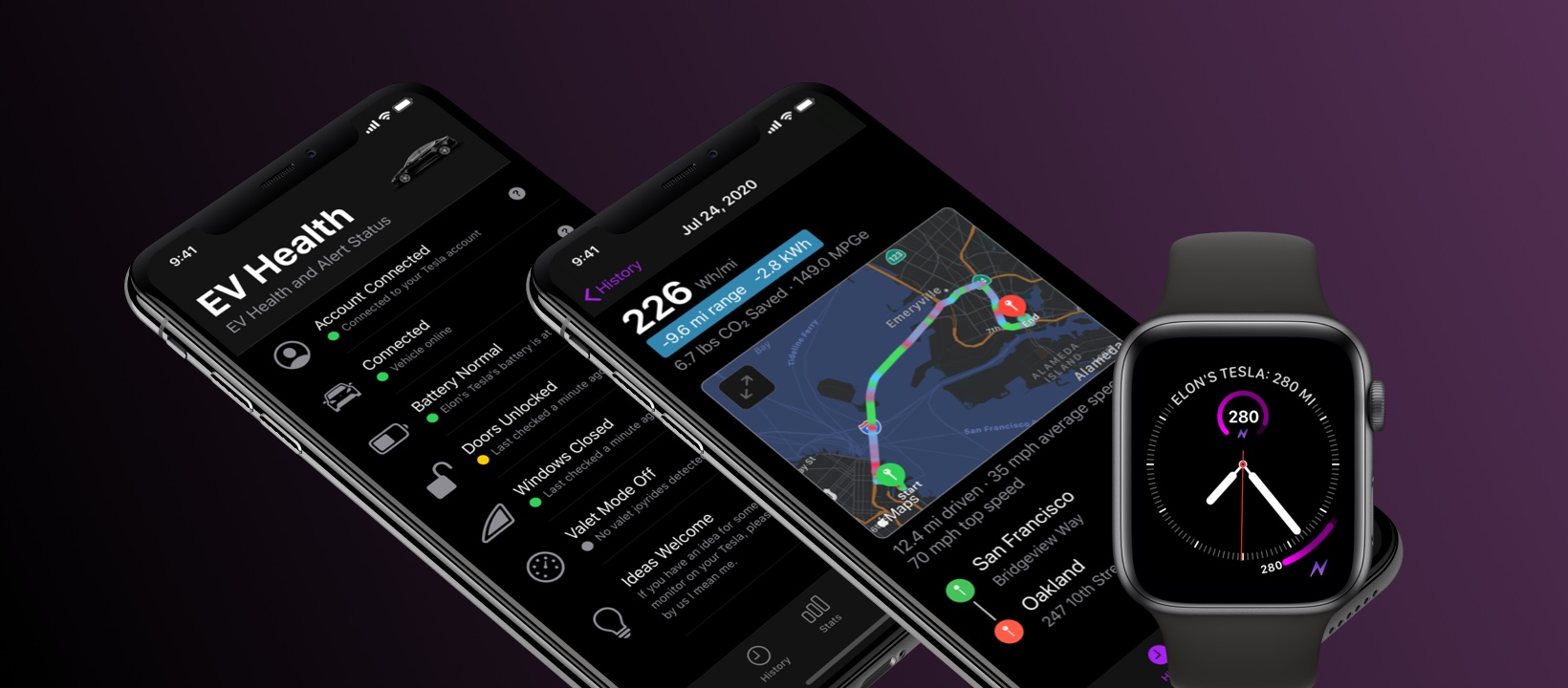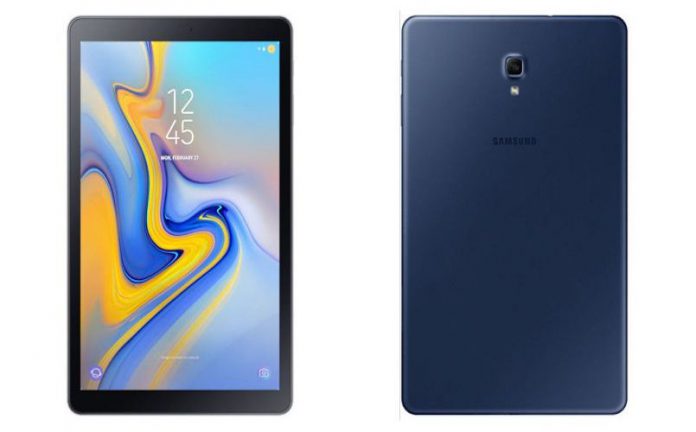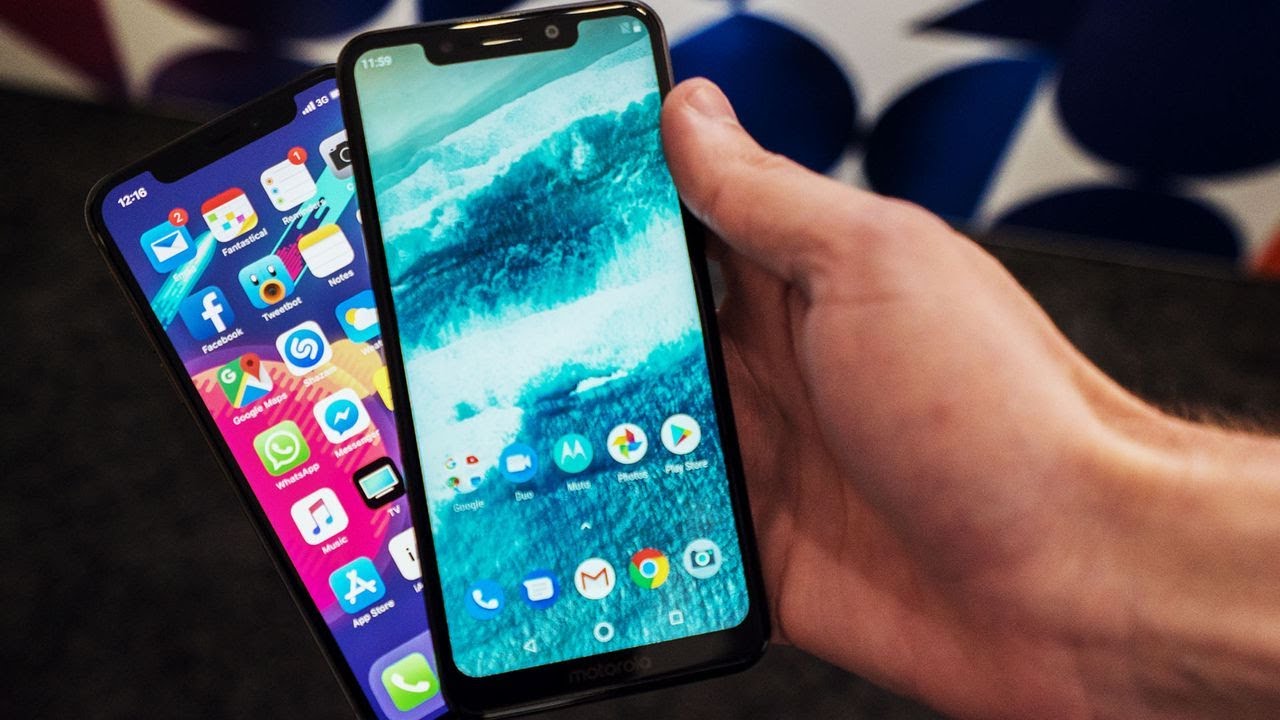The Station: Yandex spins out self-driving biz, Ike takes the SaaS road and a solid-state battery startup strikes SPAC

The Station is a weekly newsletter dedicated to all things transportation. Sign up here — just click The Station — to receive it every weekend in your inbox.
Hello and welcome back to The Station, a newsletter dedicated to all the present and future ways people and packages move from Point A to Point B.
As summer comes to an end, deals have lagged a skosh ahead of what promises to be a busy fall. And while the news cycle continues, there has been a slight dip in intensity. Sounds like a good time to take a break, no? Yup, it is. Next week, there will not be an issue of the newsletter. Don’t worry, it will return Sept. 19.
Email me anytime at [email protected] to share thoughts, criticisms, offer up opinions or tips. You can also send a direct message to me at Twitter — @kirstenkorosec.
Alright let’s get to it. First up, deals!
Deal of the week
Deals, we got em. And this week, a new SPAC stands out. Yup, you knew it. I knew it; we all knew another SPAC was coming. Some SPAC merger announcements feel like a desperate attempt by young unproven companies to access capital. That’s not the case this week.
QuantumScape, the solid-state battery company backed by Volkswagen Group, agreed to merge with a special purpose acquisition company Kensington Capital Acquisition Corp. The merger will give QuantumScape a post-deal market valuation of $3.3 billion.
QuantumScape is not a fledgling startup. It’s been around for decade, attracting attention and capital early on from high-profile venture firms like Kleiner Perkins and Khosla Ventures. Volkswagen entered the picture in 2012 and has invested a total of $300 million in QuantumScape, including $200 million this year.
QuantumScape is going after the capitally intensive goal of attempting to commercialize solid-state batteries for electric vehicles. Solid-state batteries use a solid electrolyte and not a liquid or gel-based electrolyte found in lithium-ion batteries. Developers claim that solid electrolytes have greater energy density, which translates into squeezing more range out of a smaller and lighter battery. Solid electrolytes also are supposed to be better at thermal management, reducing the risk of fire and the reliance on the kinds of cooling systems found in today’s EVs.
Other deals that got my attention … (seems a little light this week, no?)
Geely Automobile Holdings plans to raise 20 billion yuan ($2.93 billion) from a public share sale on Shanghai’s STAR Market, funds that will be used to invest in new car models and technologies, Reuters reported.
Zomato, the Indian food delivery startup, has raised $62 million from Temasek, resuming a financing round that it originally expected to close in January this year. Singapore’s state investment arm Temasek financed the capital through its unit MacRitchie Investments, a regulatory filing showed.
AV spotlight: Yandex
Coverage of automated vehicle technology companies tends to focus on U.S.-based efforts. Rest assured, there is action elsewhere. Yandex, the publicly traded Russian tech giant that started as a search engine, is one of those companies.
The company has expanded into a number of other, related areas (similar to U.S. counterpart Google) including automated vehicle technology. In January, I rode in their self-driving vehicle (with no human behind the wheel) during a demo on public streets of Las Vegas during CES. I’ve never been a huge fan of demos as it can help companies hide problems with their tech. Yandex’s demo was notable however. The vehicle moved confidently, maybe even aggressively, as it maneuvered around a bus that had stopped in the roadway, it handled left turns as well as a parking garage with ease. (this GIF from Yandex is of a drive in Moscow, fyi)
I mention all of this background because Yandex said this week it is spinning out its self-driving car unit from MLU BV — a ride-hailing and food delivery joint venture it operates in partnership with Uber. The move comes amid reports that Yandex and Uber were eyeing up an IPO for MLU last year. At the time, the JV was estimated to be valued at around $7.7 billion.
As part of the spin-out, Yandex is investing $150 million into the business, a sum that will include $100 million in equity, plus $50 million in the form of a convertible loan. Yandex is buying out some of Uber’s shares in this process and will now have a 73% stake in the spun-out business, with Uber owning 19%. The remaining 8% will be owned by Yandex self-driving group (SDG) management and employees. Yandex said it has invested some $65 million in the business up to now.
Spinning out the unit could help improve the unit economics and cost base of the MLU unit, as TechCrunch editor Ingrid Lunden noted in her report. But Yandex says that it’s being done to double down on a more focused investment in self-driving.
A different kind of EV startup
This isn’t an electric vehicle startup; it’s more like EV adjacent. And it’s an app!
A number of apps have popped over the past several years — in step with Tesla’s rising popularity. Most aim to let drivers track and plan their routes and often have a social component. Tezlab is a good example, and I’ve written about them before.
The one I want to introduce you to is called Nikola. The app launched in 2018 as a hobby project of David Hodge, who founded a mass transit app called Embark, which Apple acquired in 2013. Hodge stayed at Apple for several years and then went to Stripe. But the Nikola app compelled him to go out on his own again.
This week, Hodge launched Nikola 2.0. Here’s the gist: Nikola 2.0 is a subscription-based app that provides health monitoring of the owner’s Tesla (just Teslas for now, but Hodge aims to expand).
The app, which is only in iOS right now, gives the user information on battery level trends, efficiency, energy consumption, top and average speed as well as stats on weekly ghost drain and driving and charging history, which can be exported for tax or expense report purposes. Users can also check their battery level with the Nikola Apple Watch complication and compare their performance to other Tesla drivers with Nikola Fleet Stats.
What I am interested in is this other new feature called the Nikola report. It is like a Carfax report that an EV owner can share with prospective buyers when they go to sell their electric vehicle. The data collection for the Nikola report feature is just now getting started.
Notable reads and other tidbits
Welcome to the roundup section of the newsletter …
Bay Area Rapid Transit, or BART, is selling personal hand straps that can be quickly thrown onto poles in the train car for folks would rather not touch any surfaces.
GM and Ford have fulfilled their separate multi-million-dollar ventilator contracts — together delivering 80,000 of the devices to the U.S. government.
GM and Honda signed a non-binding memorandum of understanding to establish an automotive alliance in North America. The deal brings together two automakers that have a long established history of working together. The companies will share vehicle platforms, which will be sold under their respective and distinct brands, as well as cooperate in purchasing, research and development and connected services.
Ike, the automated trucking startup, had some big news this week. Ryder, DHL and NFI have chosen Ike as their automated driving technology provider. These fleets, and some others the company has not yet announced, have collectively reserved the first 1,000 trucks powered by its technology.
The startup also lifted the hood, so to speak, on their business model. Ike is taking a SaaS approach to automated vehicle technology. The company explained in a blog post this week that it will sell a Software as a Service subscription to fleets. Customers will buy trucks equipped with Ike’s validated automation system from its OEM manufacturing partners. Automated trucks will be owned and operated by fleets and “Powered by Ike,” the post read.
REMINDER! Nancy Sun, the co-founder and chief engineer of Ike, will be on our virtual stage for the TC Sessions: Mobility 2020 event October 6 and 7. If you’ve never heard of Sun, or listened to her, be prepared to be impressed. The event is shaping up to be pretty great and we have a few more speakers left to announce.
Lucid Motors, which is set to reveal the Air on September 9, keeps dropping bits of info on the luxury electric vehicle. This time, Lucid announced that the Air is capable of a 9.9-second quarter mile. That’s faster than a Tesla Model S and faster than most production cars on the market.
Metromile, a pay-per-mile insurance company, said it’s teaming up with Ford Motor to provide owners of Ford vehicles equipped with built-in connectivity with personalized car insurance.
Tesla didn’t make it into the S&P 500 as so many had predicted. Tesla fans took to Twitter on Friday to gripe about the decision that welcomed Etsy, Teradyne and Catalan into the S&P.
Torc Robotics and its parent company Daimler Trucks, announced plans to expand their joint self-driving truck on-road testing to New Mexico this month and establish a test center in the Albuquerque area.
The U.S. government rolled out a new online tool designed to give the public insight into where and who is testing automated vehicle technology throughout the country. The official name of the online tool is the Automated Vehicle Transparency and Engagement for Safe Testing Initiative tracking tool. While the design is simple and straightforward, it’s incomplete since it is based off of information that companies have volunteered. Let’s hope this is the beginning of what will become a comprehensive one-stop shop of all automated vehicle technology in the country.
VanMoof, the e-bike company is opening a store in Seattle — its third in the United States. The expansion illustrates the company’s growth, which has accelerated since March as sales of e-bikes in the U.S. popped 85% compared with the same month a year earlier.
Volkswagen released teaser images of its upcoming all-electric ID.4 compact SUV that shows what might just be a nice balance between tech and old timely toggles and buttons. Could this be the Goldilocks story of the EV world? I will find out later this month. Stay tuned.








